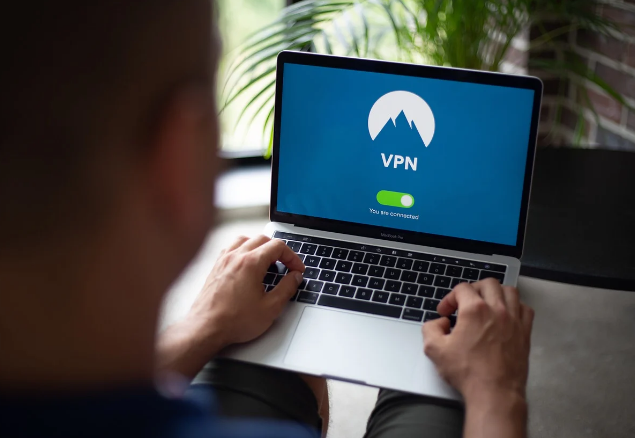If your business has failed to implement a VPN for any number of remote employees currently staffed, you should consider doing so immediately. Virtual Private Networks provide organizations with the utmost security from targeted cyber risks such as hackers, data breaches and various surveillance. While VPNs are not a foolproof tool, they certainly put organizations in a much securer spot than those without them. With that being said, though, the wrong VPN can actually harm organizations through an increase of security risks they’re failing to be protected by.
As more and more states continue enforcing pandemic restrictions, the traditional workplace landscape has been changed. With more and more remote employees, the responsibility of choosing the right VPN is crucial. While it’s true that the workplace landscape could return to normal after pandemic restrictions begin to be lifted around the country, investing in the strongest VPN is an investment your business will continue to find value out of even after employees return to the office. Selecting the wrong VPN could lead to your organization’s data being put into jeopardy. This post details a few of the risks associated with poorly chosen VPNs below:
Missing Encryption Standards: the encryption that any VPN provides is designed to keep your valuable data private and secure. Failure to meet these configuration standards will simplify the job hackers will have when attempting to access your organization’s data. One of the most sure ways to combat this is ensuring your VPN has a strong enough encryption.
Malicious Malware: some of the weakest known VPNs can be vulnerable to malware. Malware is a type of particularly dangerous software commonly used to steal financial information and other personal data. Of the known extreme cases, cyber-attackers have employed ransomware to target organizations. Without a strong VPN, organizations are liable to having all of their data encrypted. In order to have this data become accessible once again, organizations have had to pay ransoms to these cyber-attackers. Until payment was made, the data would remain encrypted and under their control.
Log Collection: All of your organizations’ hardware could be at risk without the right VPN as well as weak VPNs pose the risk of leaking your hardware’s logs. Choosing a VPN with a zero-log policy is the best choice for organizations. As with any security, regardless of its sophistication, your VPN may still be susceptible to a data leak. It’s true that your VPN will assist in hiding your IP address and the work your organization does, it’s still possible that information may become leaked as a result of the VPN provider.
A Privacy Guarantee: within the fine-print, VPN providers may be liable to collecting your organization’s data to leverage with third parties. Whether this be advertisers or more unethical means, it seems to go against everything that a VPN is meant to provide to organizations. Before making any decision regarding a VPN provider, be sure to read their privacy policies and do your due diligence.
If your organization is still on the fence regarding VPNs, rest assured there are other options for securing your data. Some of the alternatives out there capable of doing the same job include zero-trust networks and remote desktop connections. For additional information regarding VPNs and their alternatives, be sure to review the infographic coupled alongside this post. Courtesy of Invisily.


